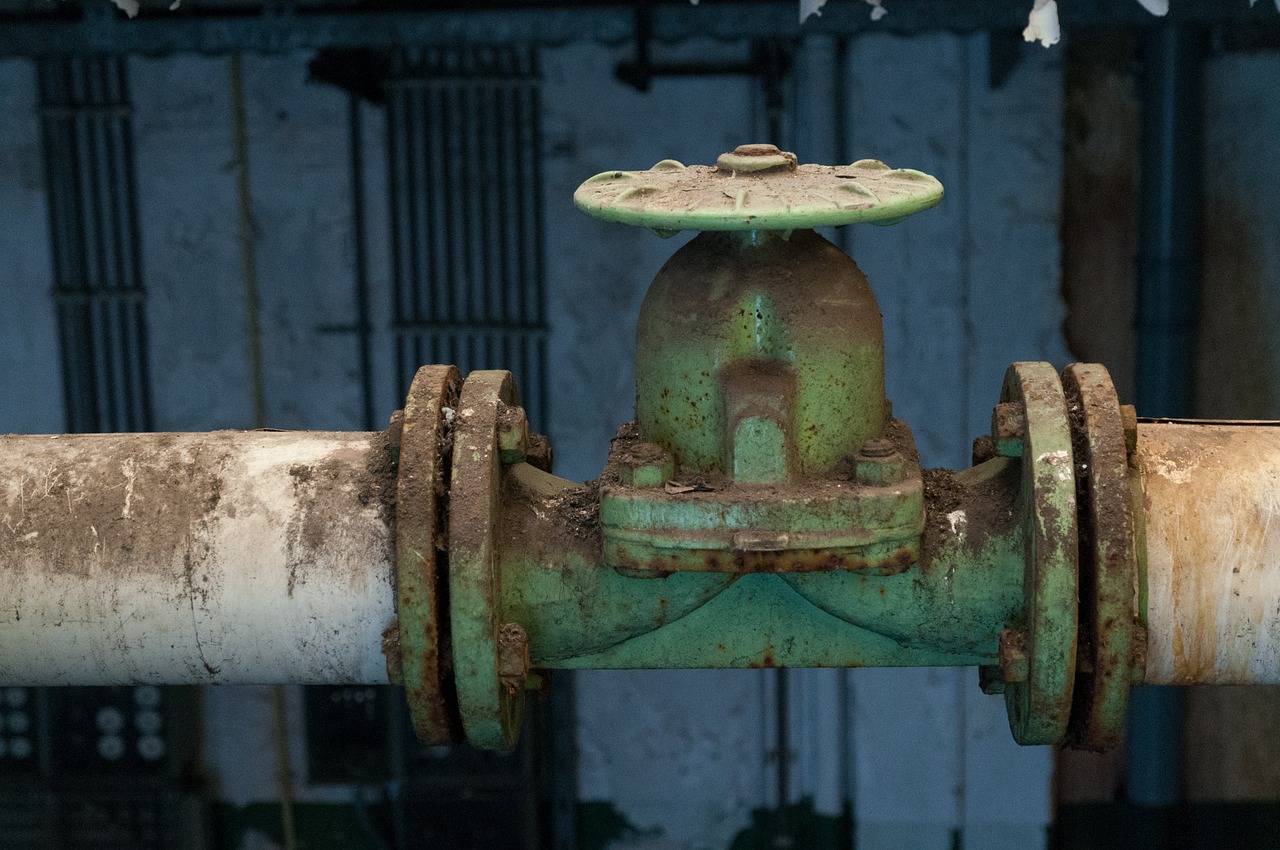Removing Unsightly Limescale
Many areas of London are provided with hard water. What exactly is hard water we here you ask? Hard water is defined as water with high mineral content and generally speaking hard water is full of calcium carbonate (limescale), the annoying hard off-white stuff that builds up around your taps, showerheads and other places that the hard water regularly comes into contact with.
Call now for an engineer to come round to your home in under an hour. 020 7610 1616
Whilst the high mineral content of hard water can actually prove to be beneficial for your body it is, without doubt, bad for your plumbing system. What can be done then to remove it?
Brilliant advertising has brainwashed a huge number of people to think that the only all way to remove limescale is by using some expensive limescale removal product from your local supermarket. Whilst it is possible to scrub off the limescale deposits, due to the fact that the minerals involved are very hard, using abrasives to remove them will also likely damage the finish of the material underneath. Luckily though a far less abrasive alternative exists. calcium carbonate is easily dissolved in a range of mild acids.
Why spend a lot of money on brand-name limescale removers when many common household substances will also do the trick. Two of the most effective substances are lemon juice and ordinary vinegar. Lemon juice is usually the best (and will also leave a lovely smell behind). Stronger pickling vinegar and lime juice are both even more acidic and can be used for really stubborn deposits.
Washing machines and dishwashers
Both vinegar and lemon juice will do a great job of removing any limescale deposits and freshening up your machines’ innards at the same time. In a washing machine, use a large cup of either liquid in place of your usual detergent and run a normal washing cycle (without clothes). In a dishwasher, pour the liquid into the base of the machine rather than the detergent dispenser.
Kettle/coffee machine
Your kettle is a ready-made liquid container, so the descaling process is pretty simple. Start by quarter-filling the kettle with vinegar or lemon juice and leave for an hour. Then, leaving in the acid, top up the kettle with water and boil it. Pour away the boiled water before it cools, then rinse out the kettle with several changes of cold water to remove any traces of vinegar or lemon juice (not a good taste with coffee).
This method can also be used to descale coffee makers. Add the acid to the water compartment as before, then top up with water and run the coffee-making process with this solution and no coffee. Repeat this twice with plain water to rinse.
Taps
The tricky part is keeping the taps in contact with your descaling liquid. The best method I have come across is to take a small plastic cup of vinegar, immerse the tap in the vinegar and wrap a tea towel around both cup and tap to hold it in place. For limescale build-up around the posts and other parts of a tap, soak a pad of cotton wool in your descaling liquid and wrap this firmly around the relevant parts. Leave it there for an hour or two, giving it a squeeze now and again to make sure the acid gets into all the corners and grooves. After this time, all parts of your taps should be able to be wiped clean, though you may need to scrub with a plastic scourer to loosen the more stubborn bits of scale.
Another effective method uses a couple of lemons. Cut them in half then squeeze them gently into a bowl to gather some juice. Don’t use a lemon squeezer, as you want to make sure the fleshy parts remain intact for the next stage. Then take a lemon half and shove it on to the spout of your tap, twisting gently until it stays in place. The fibres and chambers inside the lemon should catch on the edge of the spout, preventing the lemon falling off. Now you can simply leave it to do its descaling job. (If the lemon won’t stay in place, use the tea-towel trick.)
Meanwhile, use the juice you collected to create a cotton wool “dressing” for the rest of the tap, as before. Wait an hour then rinse and scrub your tap clean. If any scale remains, simply replace the lemon for longer and scrub again.
If you need the assistance of a high-quality team of Gas Safe Registered plumbers, give us a call on Tel. No. 020 7610 1616 and our skilled team of plumbers will be able to quickly pay you a visit.
Book an Engineer
Contact us here, plumbers, electricians can be with you in less than an hour.
If you would like any further information regarding the services available from J&P Group, contact us 24/7 for all your roofing enquiries on Tel. 020 7610 1616, email info@thejandpgroup.co.uk or via our Facebook page & we will be happy to answer any questions that you may have
Last Updated on July 8, 2020 

